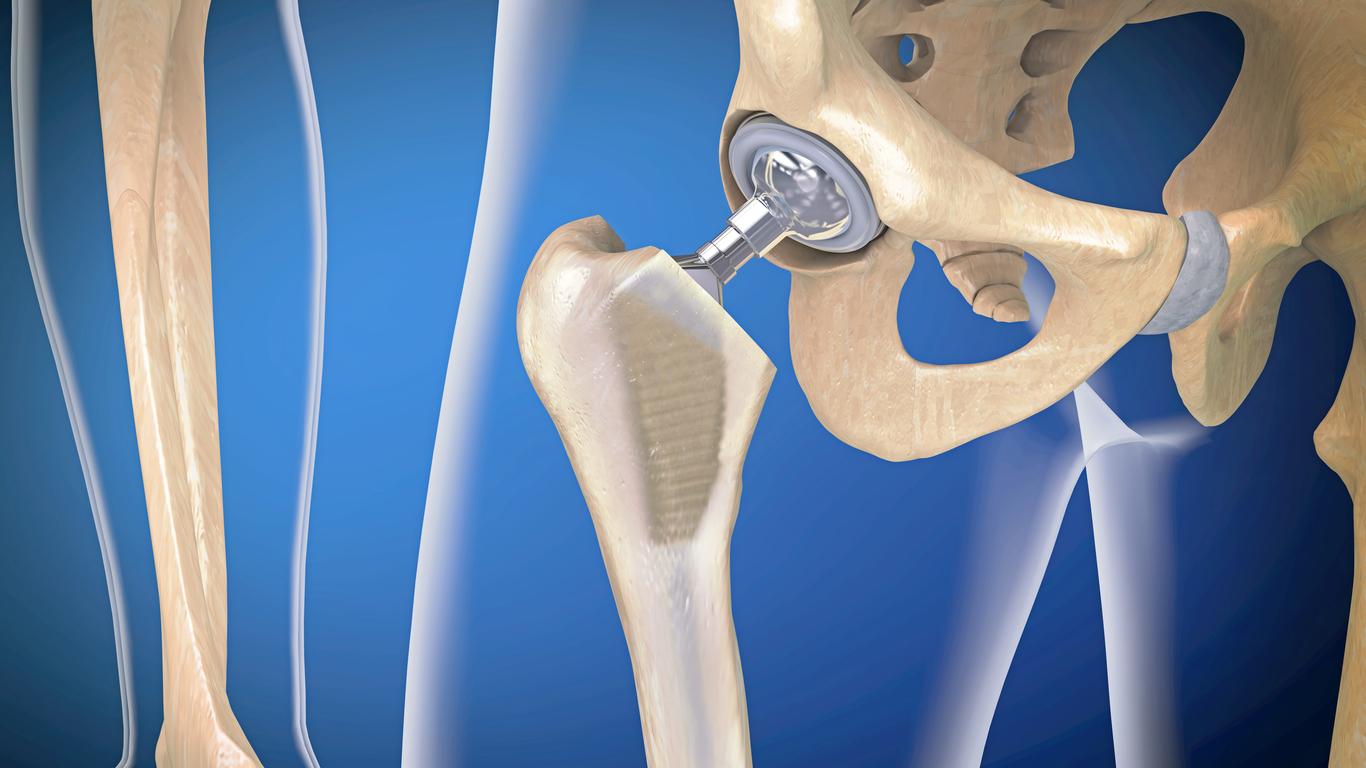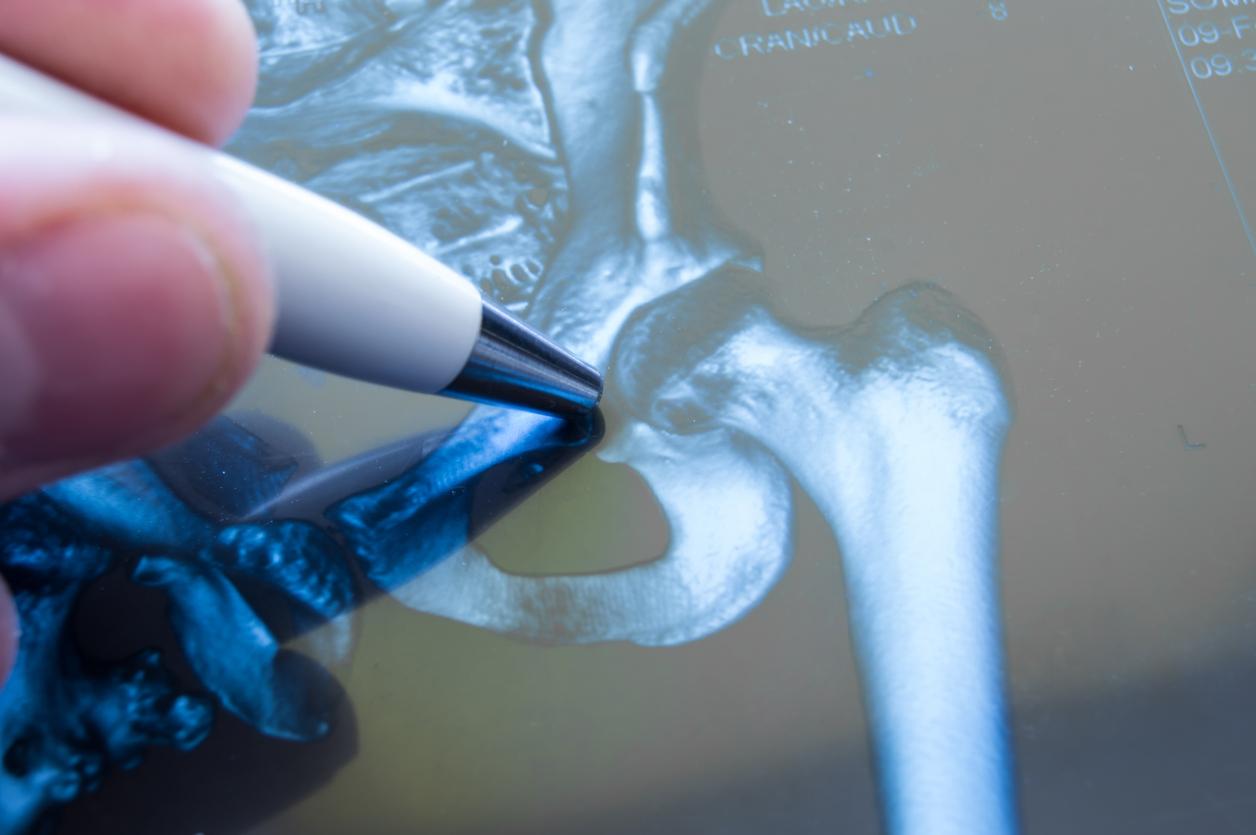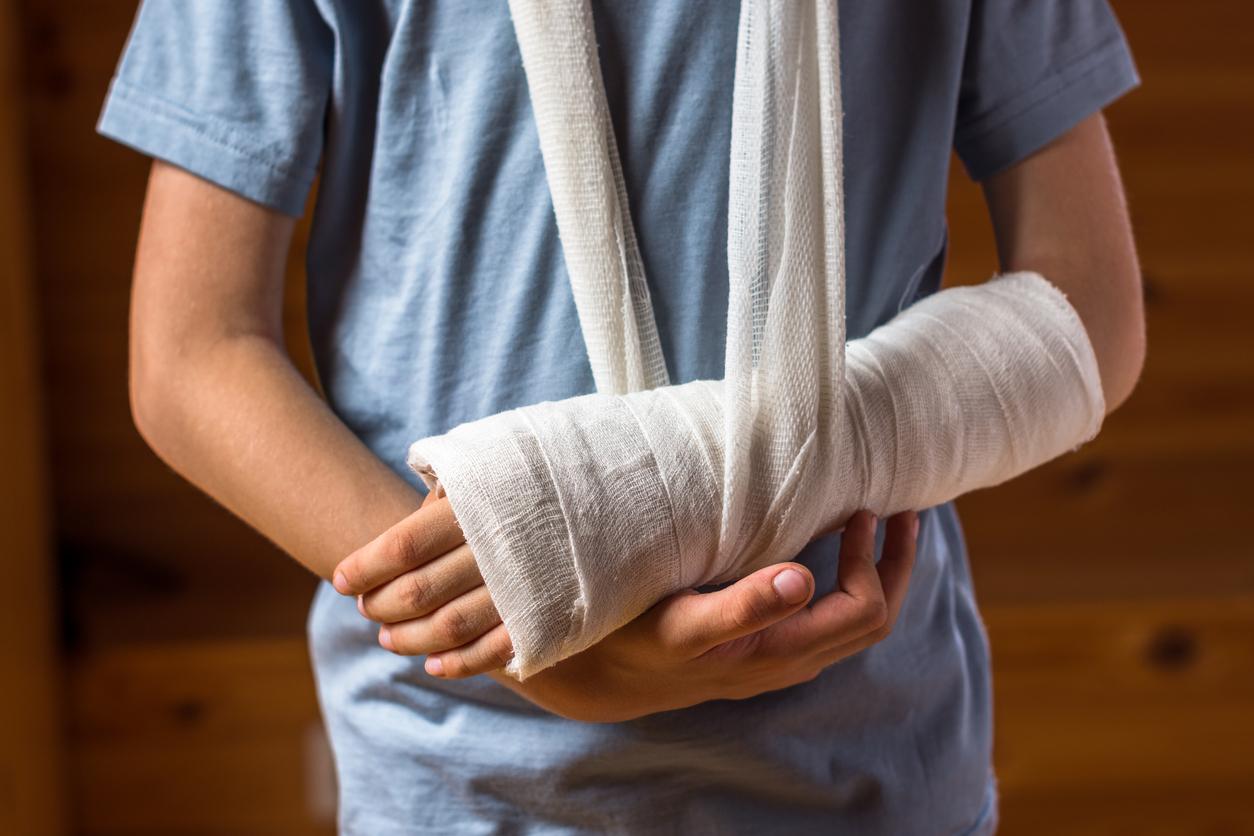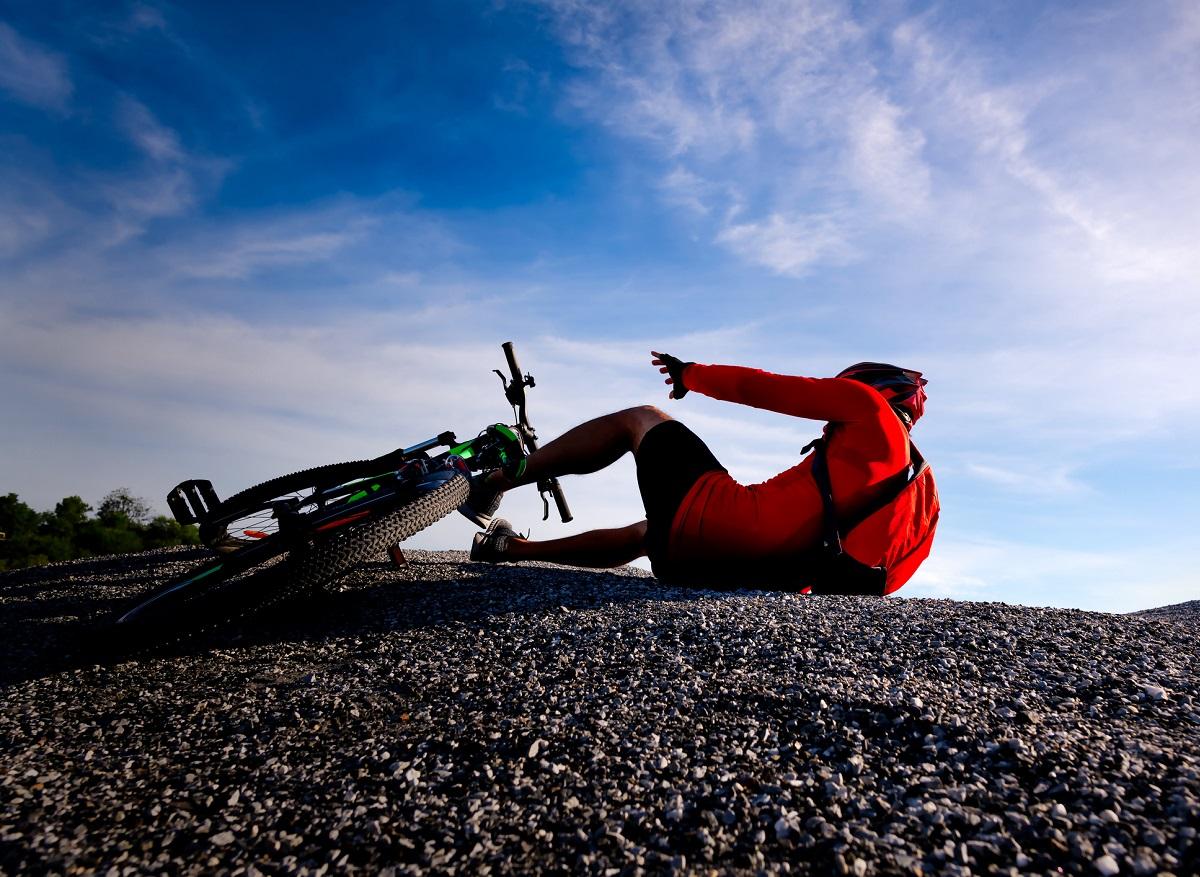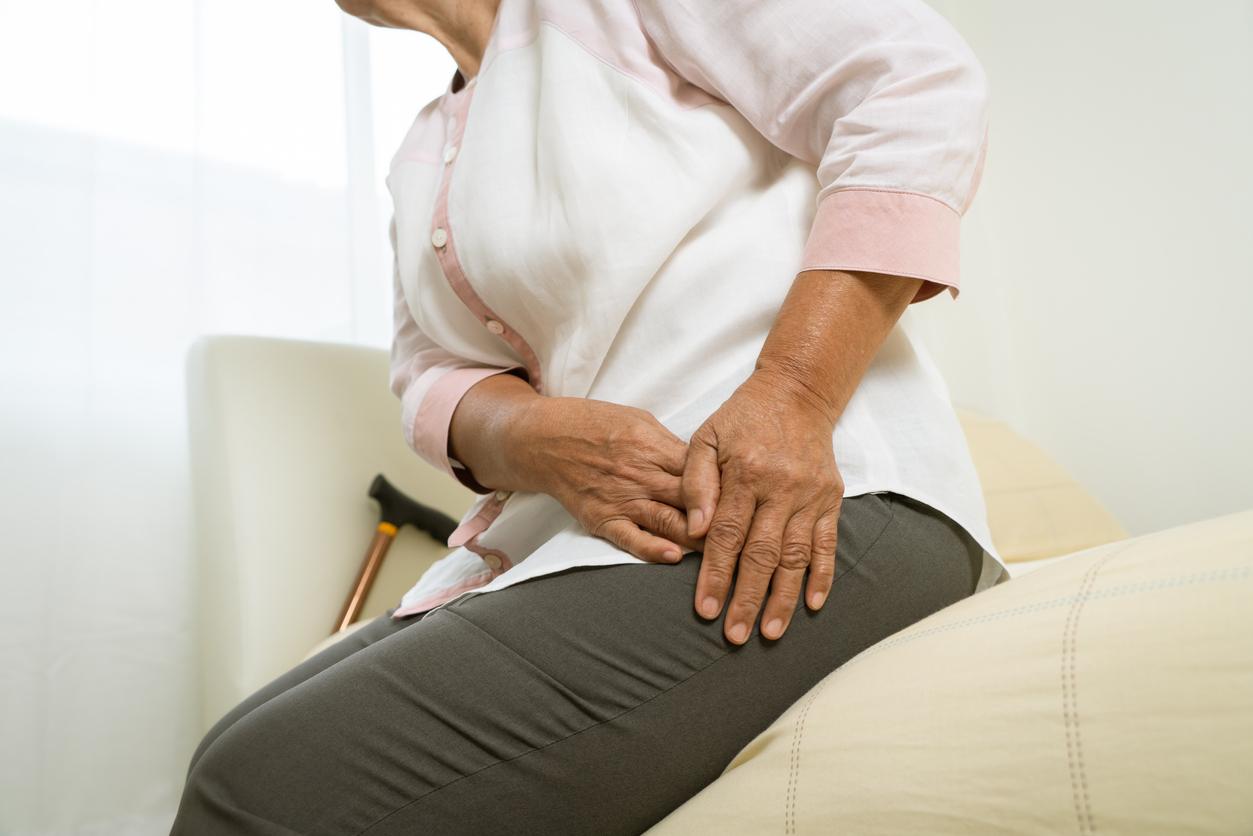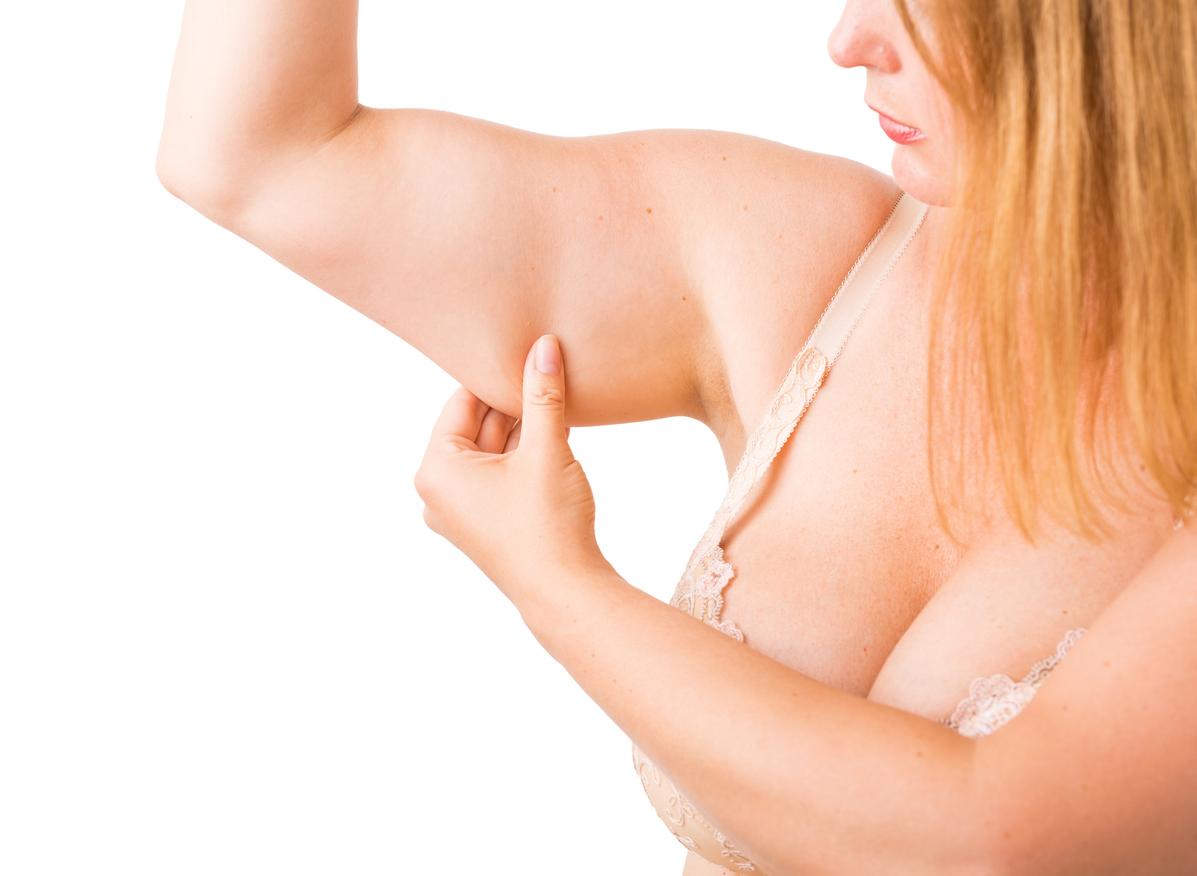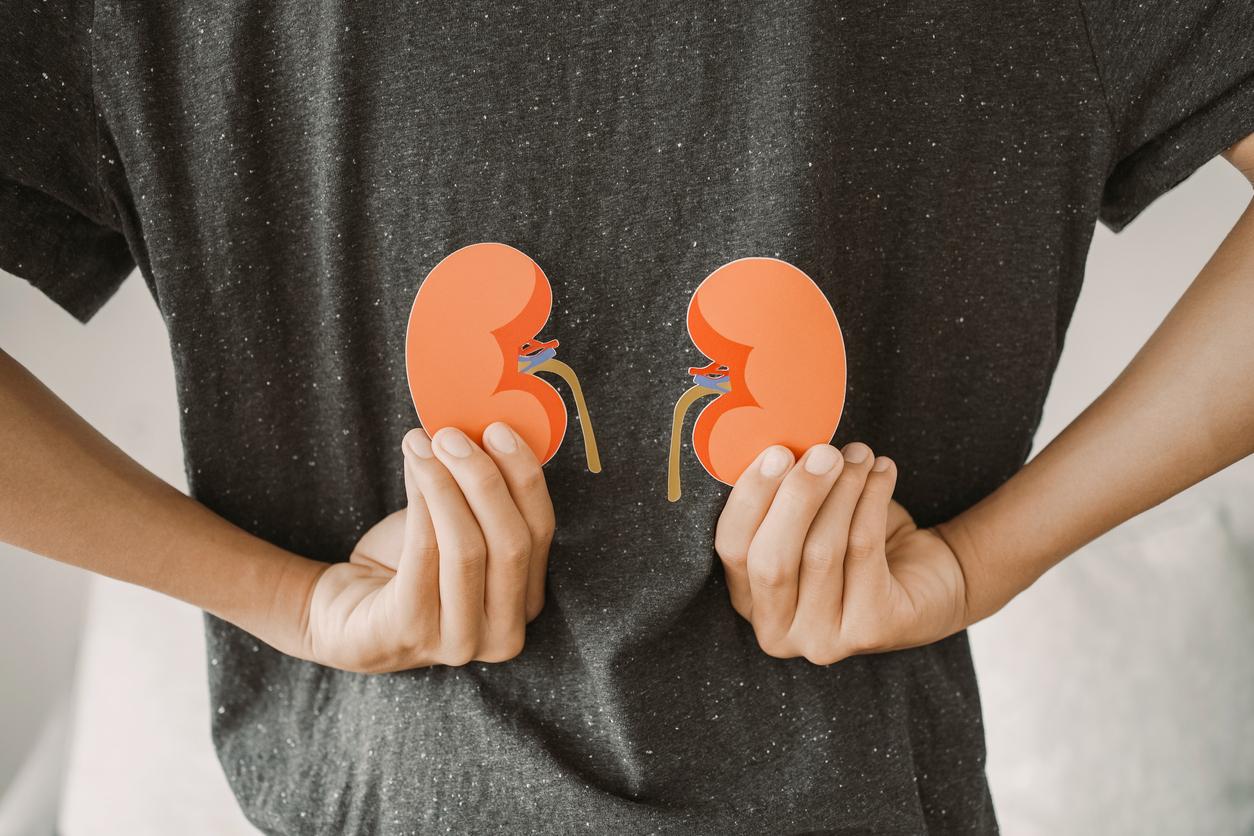According to a British study, women following a vegetarian diet are more likely to fracture their hips.
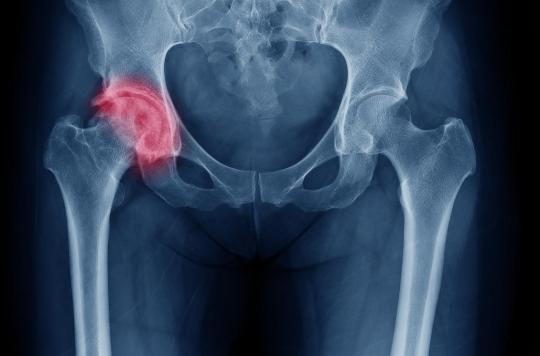
- According to an IFOP study for France Agrimer, 2.2% of French people have a meat-free diet in France. 24% consider themselves flexitarians, while 74% are omnivores.
- In France, according to the High Health Authority, the incidence of hip fracture is approximately 50,000 cases in women and 16,000 cases per year in men.
This is not a reason to abandon fruits and vegetables on the side of the road, but according to a study published in the journal BMC Medicinewomen who follow a vegetarian diet are more likely to fracture their hips as they age than those who follow an omnivorous diet.
BMI and nutrient deficiency
To reach this conclusion, researchers from the University of Leeds, UK, examined the lifestyle and habits of more than 26,000 women aged 35 to 69 over the past twenty-two years. The objective was to observe the repercussions of different diets – vegetarian, pesco-vegetarian (no meat but fish), omnivorous (regular meat consumption) or flexitarian (occasional consumption) – on the future likelihood of hip fracture.
Result, at the end of two decades, 822 cases of fractures, that is to say a little more than 3%, were noted among the cohort of women. And vegetarians are overrepresented: among them, the probability of injury as they age increased by 33% compared to regular consumers of meat and/or fish.
Scientists put forward two causes. The first is that the body mass index (BMI) being on average lower in vegetarians, they have a greater risk of fracturing their bones which are, in fact, less resistant. The second reason, complementary to the first, concerns nutrients, or rather nutrient deficiency. The vegetarian diet is indeed low in vitamins and minerals, such as vitamin B12 and calcium, which act on bone strength, but also in proteins, necessary for the development of muscle mass.
Compensate!
Despite these findings, James Webster, the lead author of the research, quoted by The Guardianplays the nuance card: “The message for vegetarians is not to give up this diet”which helps reduce the risk of cardiovascular disease, diabetes, obesity and cancer (not to mention the benefits in terms of animal well-being and ecological footprint).
The specialist adds: “You have to be careful about what you eat, the nutrients you ingest and those you no longer ingest when you stop eating meat and fish.” In other words, replace meat with foods containing the same nutrients: cereals packed with iron and vitamins B12, nuts, legumes, seeds rich in protein…
In the future, scientists want to continue their studies to assess whether similar results could be seen in men.








